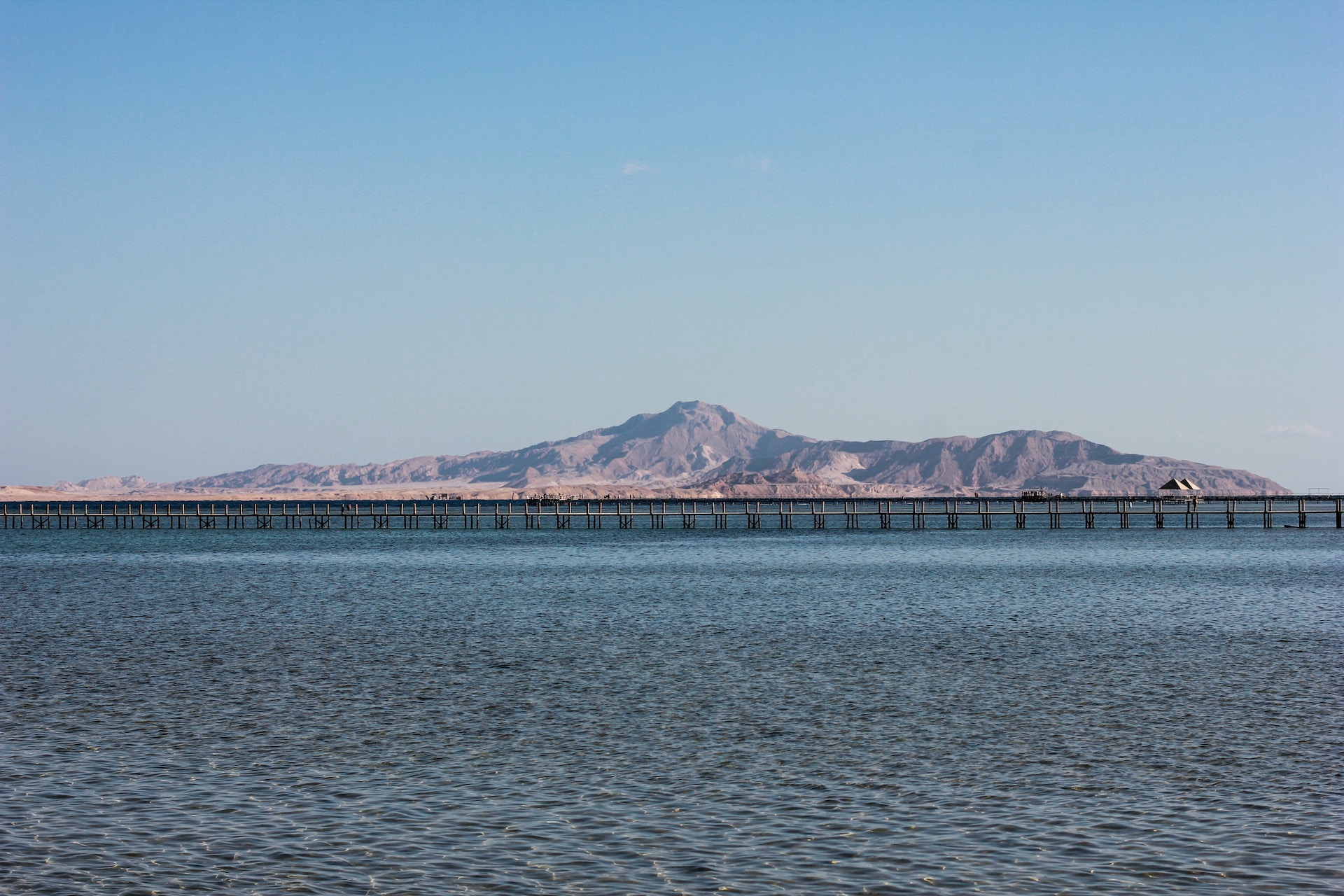US Maritime Protection Mission in Red Sea Joined by 9 Nations

In response to a month-long campaign of attacks by Yemen’s Iranian-backed Houthi rebel militia, the U.S Secretary of Defense announced the launch of a coalition of those willing to protect maritime trade in the Red Sea.
Because of the Israeli operation in Gaza, the Houthi rebel militia had launched a string of missile and drone attacks on international shipping last month. A group of their fighters hijacked an Israeli-linked car carrier in the Red Sea on Nov 20th, diverting it to Hodeidah port.
In the following weeks, Houthi units have repeatedly attacked commercial vessels with drones and missiles, expanding their target objectives to vessels voyaging to Israeli seaports.
The Combined Maritime Forces (CMF) is a longstanding and international coalition based out of Bahrain, led by the U.S. CMF partners have been absent during these attacks, whilst U.S, British, and French warships have been present. Sources in maritime media report that there is a region-wide apprehension to confront the Houthi group, due to the risk of upsetting their Iranian sponsors. This could drag Tehran into the Israel-Hamas conflict in Gaza, or even derail a nascent rapprochement between Saudi Arabia and Iran.
The U.S Secretary of Defense, Lloyd Austin, said on Monday that a division of the CMF partners will finally join maritime security activities in the Red Sea, under the coalition’s banner. Currently, the CMF’s existing CTF 153 has jurisdiction over the Red Sea area, but this new task force operation will be referred to as Operation Prosperity Guardian.
Austin releases in a statement: "This is an international challenge that demands collective action. Therefore, today I am announcing the establishment of Operation Prosperity Guardian, an important new multinational security initiative under the umbrella of the Combined Maritime Forces."
Participants in the operation will now include the U.S, UK, France, Norway, Spain, Bahrain, Canada, Italy, Seychelles, and the Netherlands. The other 29 members remain absent, including Qatar, Saudi Arabia, Jordan, Oman, Iraq, Djibouti, and Kuwait.
The largest naval power in the Middle East, Egypt, also remains conspicuously missing. Egypt is also the top financial beneficiary of Red Sea-Suez shipping.
Increasing pressure is placed on both the White House and The Pentagon to take action to address this threat from the Houthi group. Without a policing force, options for direct strikes have been reportedly on the cards.
On Saturday, an American destroyer shot down 14 Houthi drones. On Monday, a Norwegian-owned tanker caught fire, after being struck by a reportedly unidentified object on its port side.
Because the situation is becoming increasingly kinetic, multiple shipping lines have announced plans to avoid the Red Sea altogether, such as Maersk, Hapag-Lloyd, BP, MSC, and others.